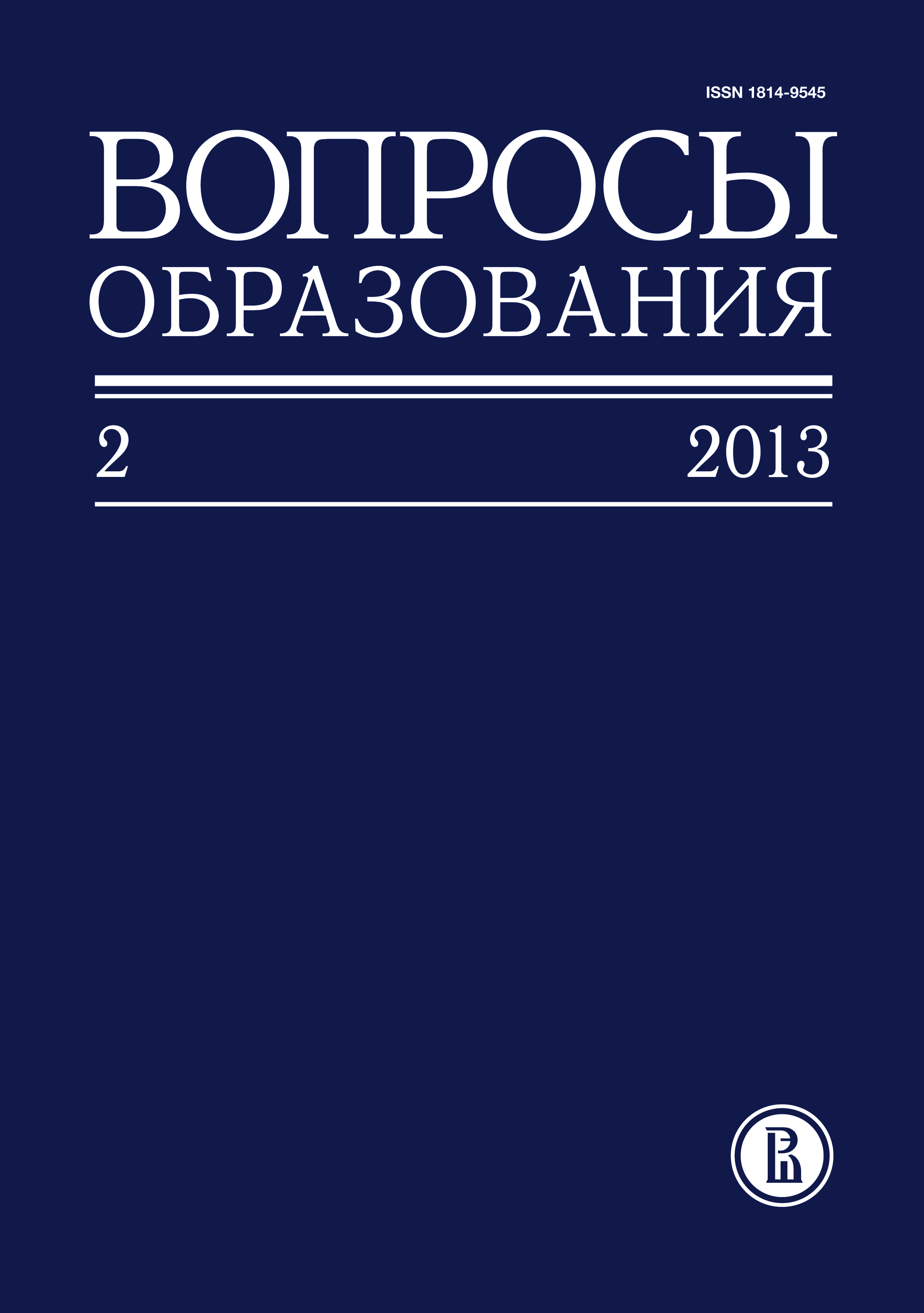Антишкольная культура и социальные сети школьников
Аннотация
Иванюшина Валерия Александровна — кандидат биологических наук, ведущий научный сотрудник Лаборатории социологии образования и науки НИУ ВШЭ — Санкт-Петербург. Эл. адрес: v.ivaniushina@gmail.com
Александров Даниил Александрович — кандидат биологических наук, профессор, руководитель Лаборатории социологии образования и науки НИУ ВШЭ — Санкт-Петербург. Эл. адрес: da1581@gmail.com
На основе анализа данных опроса учащихся государственных общеобразовательных школ проверяется существование феномена дифференциации — поляризации в российской школьной системе, отличающейся специфичной по отношению к зарубежной стратификацией, которая основана на социально-экономическом статусе семей. Сравнивается влияние прошкольной/антишкольной культуры на разных уровнях социального окружения школьника (школы, класса, тесных групп общения) на его образовательный результат.
Рассматриваемые в рамках исследования школы в результате двухступенчатой стратифицированной выборки разделены на две группы: со стандартной и с усиленной образовательными программами. С помощью метода многоуровневой регрессии установлено, что социально-экономическая дифференциация российских школ не приводит к возникновению поляризации прошкольных/антишкольных установок в разных типах школ. Уровень прошкольных аттитюдов определяют индивидуальные и семейные характеристики ученика (пол, миграционный статус, социально-профессиональный статус семьи и образование родителей).
Для сравнения влияния уровня школы и уровня непосредственного дружеского окружения ученика на общеобразовательный результат построена трехуровневая модель: индивид — клика (тесная группа общения) — школа. Для введения в анализ уровня клик построены полные социальные сети в пределах класса и выделены тесные группы общения, плотность внутренних связей которых выше, чем плотность внешних связей. Выявлено, что показатели прошкольных установок на уровне клик положительно связаны с успеваемостью ученика при контроле по индивидуальным аттитюдам и социодемографическим характеристикам. Эффект поляризации аттитюдов, отсутствующий на уровне школы, происходит и закрепляется на уровне тесных групп общения.








